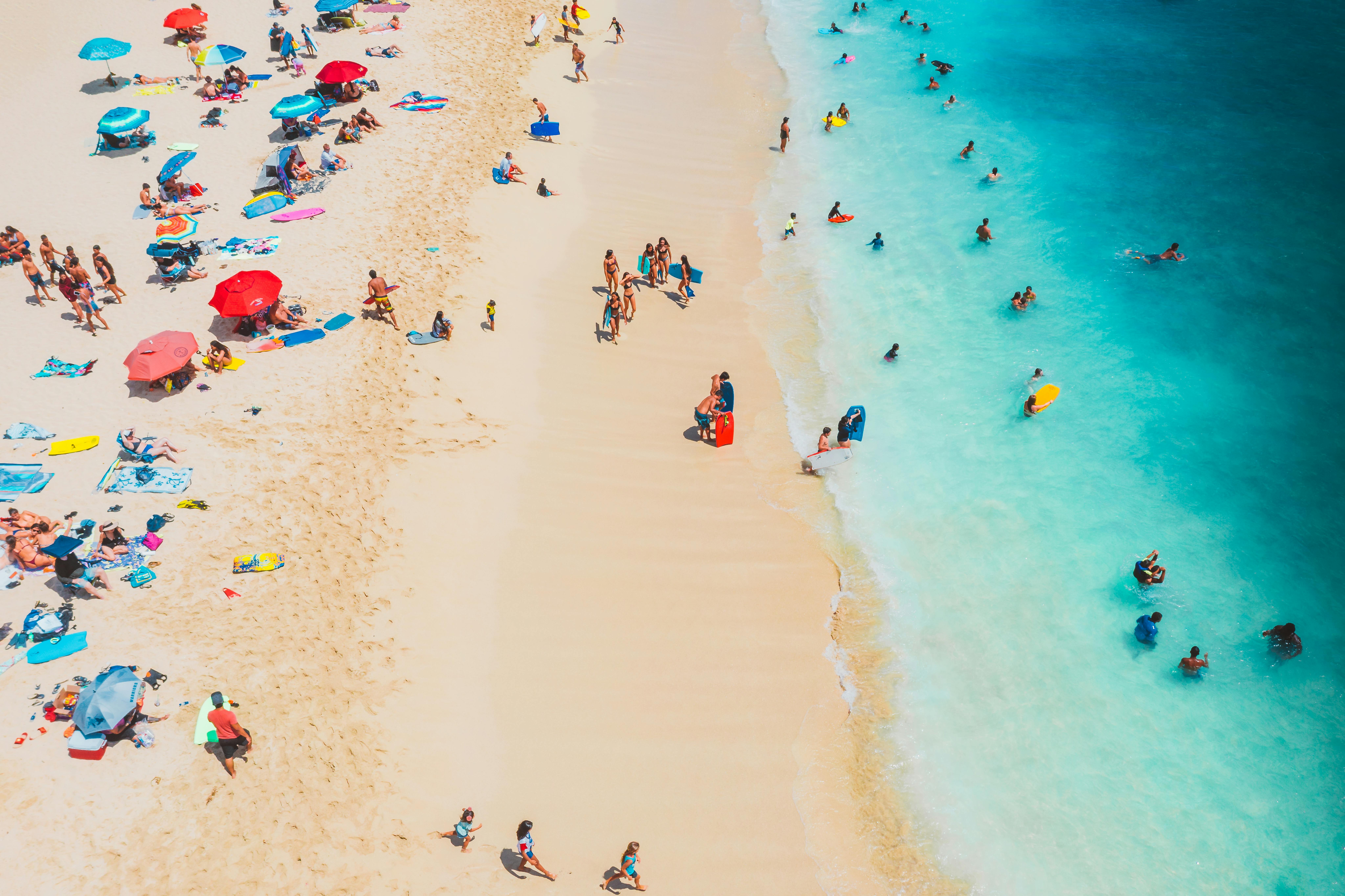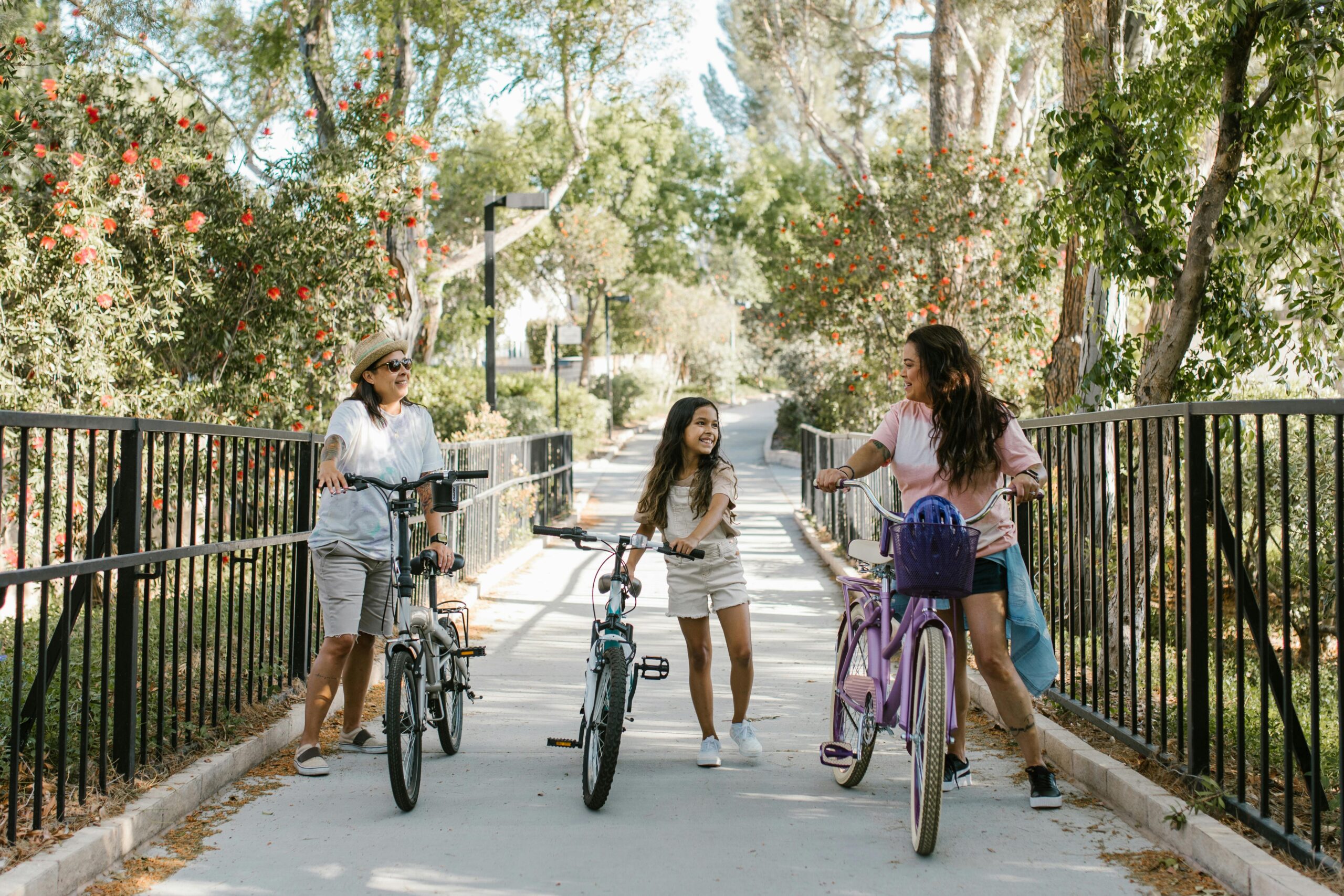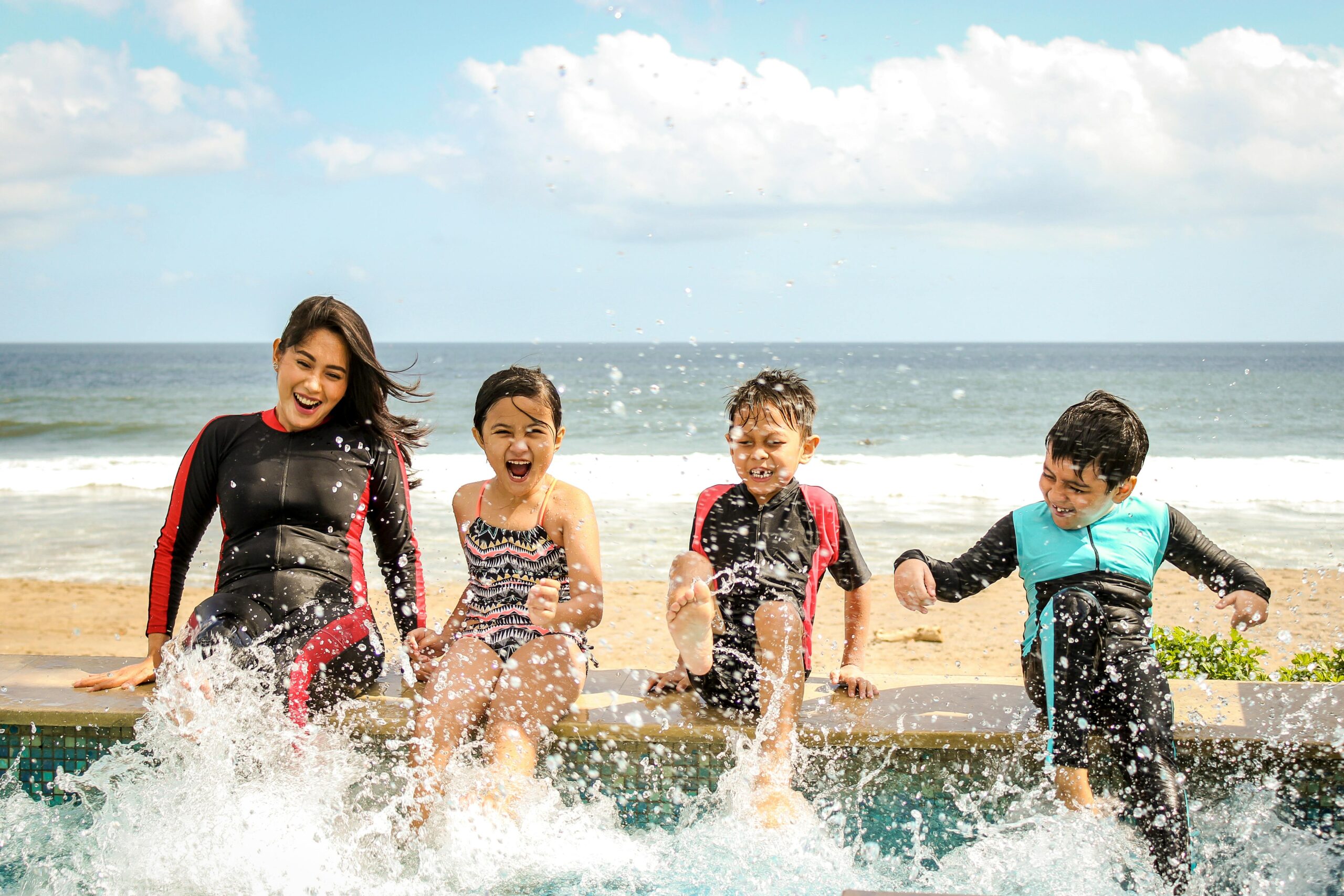A little sunshine is good for the soul. But after a long day outside, you might feel more fatigued than invigorated. Here’s why your body feels so tired, and what it needs to recover.
During warm weather, have you noticed that after a couple of hours outside, instead of feeling like a fully charged solar panel, you’re just… tired? Even if all you’ve done is lounge and bake in the sun.
That tiredness is called sun fatigue, a result of your body working harder than usual to regulate your temperature, stay balanced, and keep everything running properly. And if you live in a hotter climate, like I do in Texas, where the sun is ruthless and the humidity clings to you like a second skin, the heat can be even more draining.
Here’s what’s going on and how to recover when the sun zaps your energy.

Read More: Boost Your Mood Naturally with a Dopamine Menu
Your body works overtime in the heat
There’s a lot happening inside you just to keep you cool. Your heart rate and metabolism speed up so you can sweat and release heat. You’re also losing fluids through sweat, which can cause dehydration, making it harder for your body to deliver oxygen and nutrients where they’re needed. And if the air is humid, your sweat doesn’t evaporate as easily, which slows down your body’s natural cooling process. Then, there’s also the risk of sunburn. When UV rays damage your skin, your body jumps into repair mode to heal it.
All that extra effort can leave you feeling tired, sluggish, or a little irritable. And for some, the emotional impact of intense heat and long days can show up as what’s known as “reverse” seasonal affective disorder (or summer SAD), with symptoms like insomnia, low appetite, or a dip in your mood.
Heat risks beyond sun fatigue
Some people are more sensitive to heat than others. That includes:
- Older adults
- Babies and young children
- Pregnant people
- People with chronic health conditions
- People who take medications that affect body temperature regulation
“Their thermoregulation systems are inefficient and unable to cool their bodies down quickly when the temperature rises,” explains family medicine physician Dr. Monica Kalra, DO.
While sun fatigue is common, it’s important to recognize when heat stress becomes more extreme. Heat exhaustion is a moderate heat-related condition that, in most cases, can be treated at home. Then there’s heat stroke—a medical emergency. It occurs when your body temperature rises to a dangerous level above 103°F.
Signs of heat exhaustion include:
- Headache
- Dizziness or lightheadedness
- Nausea or vomiting
- Heavy sweating
- Muscle cramps
- Weakness
Signs of heat stroke include:
- Confusion
- Hot, dry skin
- Rapid heartbeat
- Hallucinations
- Seizure
- Loss of consciousness
If you or someone else shows signs of heat stroke, seek immediate medical attention. It’s not something to treat at home or sleep off. While you wait for help, move to a cooler place, use cold compresses or spray cool water on yourself, and don’t drink any fluids if you’re not fully alert or conscious.

Read More: Why Extreme Heat Affects Low-Income and Minority Communities More
How to protect your energy in warm weather
When you have plans to be out in the sun, it helps to think ahead. A few small choices—like what you drink, what you wear, and when you take breaks—can help keep you safe and your energy up.
Dress for the heat. Lightweight, loose-fitting clothes in light colors help your skin breathe and reflect sunlight. Sunglasses, hats, and handheld fans can also be a part of your sun survival kit.
Take a break. Whether it’s shade under a tree, a dip in the pool, or some time in an air-conditioned room, stepping away from direct sun, especially during the hottest hours of the day, can give your body the reprieve it needs.
Hydrate. Sip water before you head out, while you’re soaking up rays, and again once you’re back inside. Snack on water-rich foods like watermelon, cucumbers, peaches, and oranges. Try to avoid or limit your alcohol and caffeine consumption; both can sneakily dehydrate you and make fatigue worse.
Lather on sunscreen. Use a broad-spectrum SPF 30 or higher, and reapply every two hours (or more if you’re swimming or sweating a lot). Protecting your skin saves your body from having to use more energy to heal sunburn.
Read More: Our Favorite Safe Sunscreens
Recovering from a day in the sun
How long it takes to bounce back depends on how much sun you got and how your body handles the heat—it’s different for everyone. Usually, mild symptoms fade within a few hours with rest and hydration, while more severe cases may take longer.
If you’re feeling wiped out or overheated, use these tips to feel better.
Cool off. Relax in an air-conditioned space. Take a lukewarm (not icy) bath or shower, or place a damp, cool cloth on your neck or wrists. The sooner you can cool down, the better you’ll feel.
Rehydrate and eat something light. If you didn’t hydrate enough, reach for water first, then follow up with a beverage that replenishes electrolytes, like coconut water, sports drinks, or electrolyte packets. And avoid sugary or salty snacks. “This can actually make symptoms worse because these types of foods lead to dehydration,” says Kalra. Reach for fresh fruits and veggies instead.
Pay attention to how you feel. If you’re still feeling unusually tired after a day or two, or if symptoms worsen, you may want to consult your healthcare provider. They can help diagnose or rule out more serious issues, such as heat exhaustion or dehydration complications, so you can properly treat the root cause of what’s making you feel unwell.
Get enough rest. Your body needs downtime to fully recover from the heat. Try to prioritize getting a full night of good sleep. But if you’re feeling restless after a long day in the sun, that’s pretty common too.
Read More: Can Eating More Fiber Help You Sleep Better This Summer?
Will the sun help or hurt my sleep?
Once you’ve cooled off and rehydrated, you might assume sleep will come easily, but that’s not always the case. The amount and timing of light you get affect your body’s natural sleep cycle.
“Some sun exposure during the day helps with sleeping at night,” says Kalra. “Our bodies need light exposure during the day to help our brains secrete melatonin when it’s time to go to bed.”
But if you’re enjoying the sun late in the evening—thanks to 9 p.m. summer sunsets—it can delay your body’s release of melatonin and throw your circadian rhythm out of sync. It’s no big deal if you plan to stay up late, but it can be tough to fall asleep if you’re trying to go to bed on the earlier side. Add in dehydration or the discomfort of a sunburn, and winding down can be a struggle. Like anything, sunshine is best in moderation.

Read More: Do Blackout Curtains Really Help You Sleep Better? Here’s What the Science Says
Have feedback on our story? Email [email protected] to let us know what you think!

Shop Pillows
The Essential Organic Pillow Collection
Gentle, breathable, non-toxic support.







